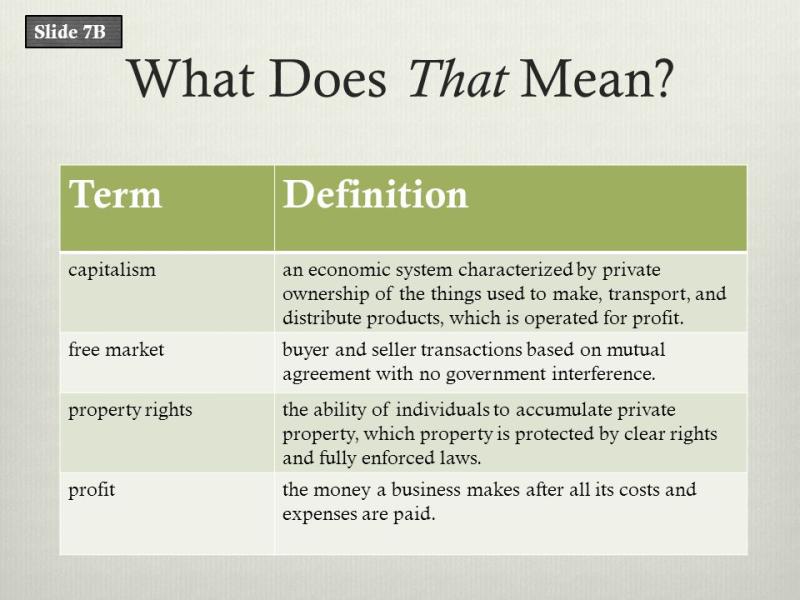What does municipal bond mean?
A municipal bond, often referred to as a "muni" bond, is a debt security issued by a state, municipality, or county to finance public infrastructure projects and other government activities. Municipal bonds are a form of public borrowing, and investors who purchase these bonds effectively lend money to the issuing government entity.
Here are the key features and components of municipal bonds:
Issuer:
- Municipal bonds are issued by local or state governments, as well as various government agencies or authorities. The entities issuing these bonds can include cities, counties, school districts, water districts, and other public entities.
Purpose of Issuance:
- The proceeds from the sale of municipal bonds are typically used to fund public projects and services. Common purposes include building or repairing schools, highways, bridges, water and sewage systems, and other public infrastructure.
Interest Payments:
- Municipal bonds pay periodic interest to bondholders, typically semi-annually or annually. The interest rate is predetermined at the time of issuance and is often referred to as the "coupon rate." The interest income received by investors is usually exempt from federal income tax, and in some cases, state and local income taxes, making municipal bonds attractive to certain investors seeking tax-advantaged income.
Maturity Date:
- Municipal bonds have a maturity date, which is the date when the principal amount borrowed must be repaid. Maturities can range from a few years to several decades.
Types of Municipal Bonds:
- There are different types of municipal bonds, including general obligation bonds and revenue bonds.
- General Obligation Bonds (GO Bonds): Backed by the full faith and credit of the issuing government entity, supported by its taxing power.
- Revenue Bonds: Repaid from the revenue generated by a specific project, such as a toll road or a water treatment facility.
- There are different types of municipal bonds, including general obligation bonds and revenue bonds.
Credit Ratings:
- Municipal bonds are assigned credit ratings by rating agencies, which assess the creditworthiness of the issuing government entity. Higher-rated bonds are considered lower risk.
Tax Treatment:
- The interest income from municipal bonds is often exempt from federal income tax. State and local tax exemptions depend on the investor's place of residence and the type of municipal bond.
Secondary Market:
- Municipal bonds can be bought and sold in the secondary market before their maturity date. The market for municipal bonds can be less liquid than that for other securities.
Investors in municipal bonds include individuals, institutional investors, and mutual funds. Municipal bonds play a crucial role in funding public infrastructure projects and services while providing income opportunities for investors. It's important for investors to carefully consider their investment goals, risk tolerance, and tax implications when investing in municipal bonds.
Financial terminology: What does municipal bond mean?
A municipal bond, also known as a muni bond, is a type of debt security issued by state and local governments in the United States. These bonds are used to finance a wide range of public projects, such as schools, roads, hospitals, and other infrastructure. Municipal bonds are generally considered to be less risky than corporate bonds, as they are backed by the taxing power of the issuing government.
Defining municipal bonds and exploring their role in public finance
Municipal bonds play a vital role in public finance by providing a way for state and local governments to raise capital without having to rely solely on taxes. This allows governments to invest in essential infrastructure and services that benefit their residents without placing an undue burden on taxpayers.
Insights into the characteristics and benefits of municipal bonds for investors
Municipal bonds offer a number of benefits to investors, including:
Tax-exempt status: Municipal bonds are generally exempt from federal income tax and may also be exempt from state and local income taxes for residents of the issuing state or municipality. This tax-exempt status can make municipal bonds an attractive investment for investors in higher tax brackets.
Relatively low risk: Municipal bonds are generally considered to be less risky than corporate bonds. This is because municipal governments are less likely to default on their debt than corporations.
Diversification: Municipal bonds can add diversification to an investment portfolio. This is because municipal bonds tend to move independently of stocks and other types of bonds.
Key characteristics of municipal bonds:
Issuers: Municipal bonds are issued by state and local governments, as well as some government-affiliated agencies.
Maturity: Municipal bonds have a maturity date, which is the date on which the issuer must repay the principal amount of the bond.
Coupon rate: Municipal bonds typically have a coupon rate, which is the interest rate that the issuer pays to bondholders.
Credit rating: Municipal bonds are assigned a credit rating by credit rating agencies, such as Standard & Poor's and Moody's. The credit rating reflects the creditworthiness of the issuer and the risk of default.
Types of municipal bonds:
General obligation bonds: General obligation bonds are backed by the full taxing power of the issuing government.
Revenue bonds: Revenue bonds are backed by the revenue generated from a specific project, such as a toll road or a public utility.
Special assessment bonds: Special assessment bonds are backed by assessments levied on property owners who benefit from a specific project, such as a sidewalk or a sewer system.
Investing in municipal bonds:
Municipal bond funds: Municipal bond funds allow investors to invest in a diversified portfolio of municipal bonds without having to pick individual bonds.
Individual municipal bonds: Investors can also purchase individual municipal bonds through a broker or financial advisor.
Considerations for investors: Investors should consider their tax bracket, risk tolerance, and investment goals before investing in municipal bonds.













